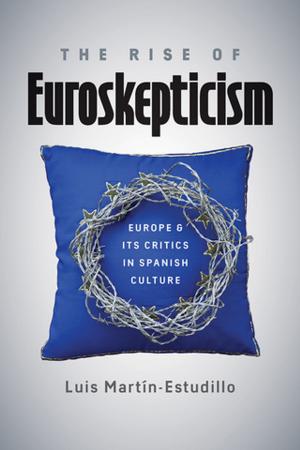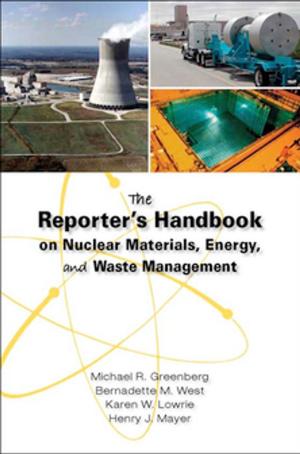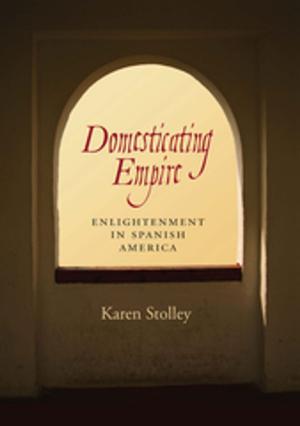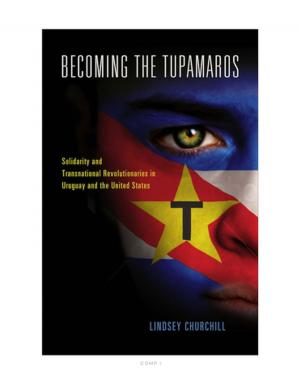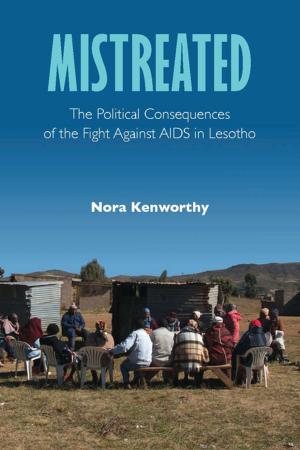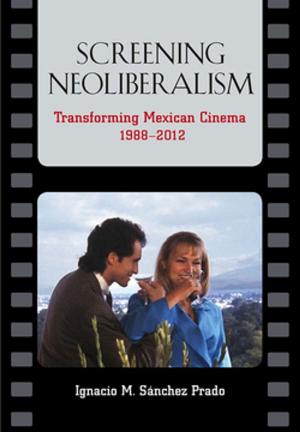Anti-Drug Policies in Colombia
Successes, Failures, and Wrong Turns
Nonfiction, Reference & Language, Law, International, Social & Cultural Studies, Political Science, Government, Social Policy| Author: | ISBN: | 9780826520739 | |
| Publisher: | Vanderbilt University Press | Publication: | January 23, 2017 |
| Imprint: | Vanderbilt University Press | Language: | English |
| Author: | |
| ISBN: | 9780826520739 |
| Publisher: | Vanderbilt University Press |
| Publication: | January 23, 2017 |
| Imprint: | Vanderbilt University Press |
| Language: | English |
Forty years after the declaration of the "war on drugs" by President Nixon, the debate on the effectiveness and costs of the ban is red-hot. Several former Latin American presidents and leading intellectuals from around the world have drawn attention to the ineffectiveness and adverse consequences of prohibitionism. This book thoroughly analyzes the drug policies of one of the main protagonists in this war.
The book covers many topics: the economics of drug production, the policies to reduce consumption and decrease supply during the Plan Colombia, the effects of the drug problem on Colombia's international relations, the prevention of money laundering, the connection between drug trafficking and paramilitary politics, and strategies against organized crime. Beyond the diversity in topics, there is a common thread running through all the chapters: the need to analyze objectively what works and what does not, based on empirical evidence. Presented here for the first time to an English-speaking audience, this book is a contribution to a debate that urgently needs to transcend ideology and preconceived opinions.
Forty years after the declaration of the "war on drugs" by President Nixon, the debate on the effectiveness and costs of the ban is red-hot. Several former Latin American presidents and leading intellectuals from around the world have drawn attention to the ineffectiveness and adverse consequences of prohibitionism. This book thoroughly analyzes the drug policies of one of the main protagonists in this war.
The book covers many topics: the economics of drug production, the policies to reduce consumption and decrease supply during the Plan Colombia, the effects of the drug problem on Colombia's international relations, the prevention of money laundering, the connection between drug trafficking and paramilitary politics, and strategies against organized crime. Beyond the diversity in topics, there is a common thread running through all the chapters: the need to analyze objectively what works and what does not, based on empirical evidence. Presented here for the first time to an English-speaking audience, this book is a contribution to a debate that urgently needs to transcend ideology and preconceived opinions.

